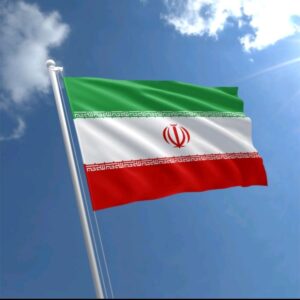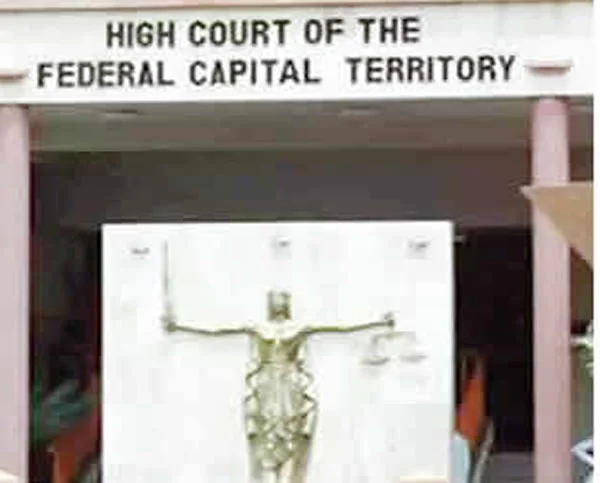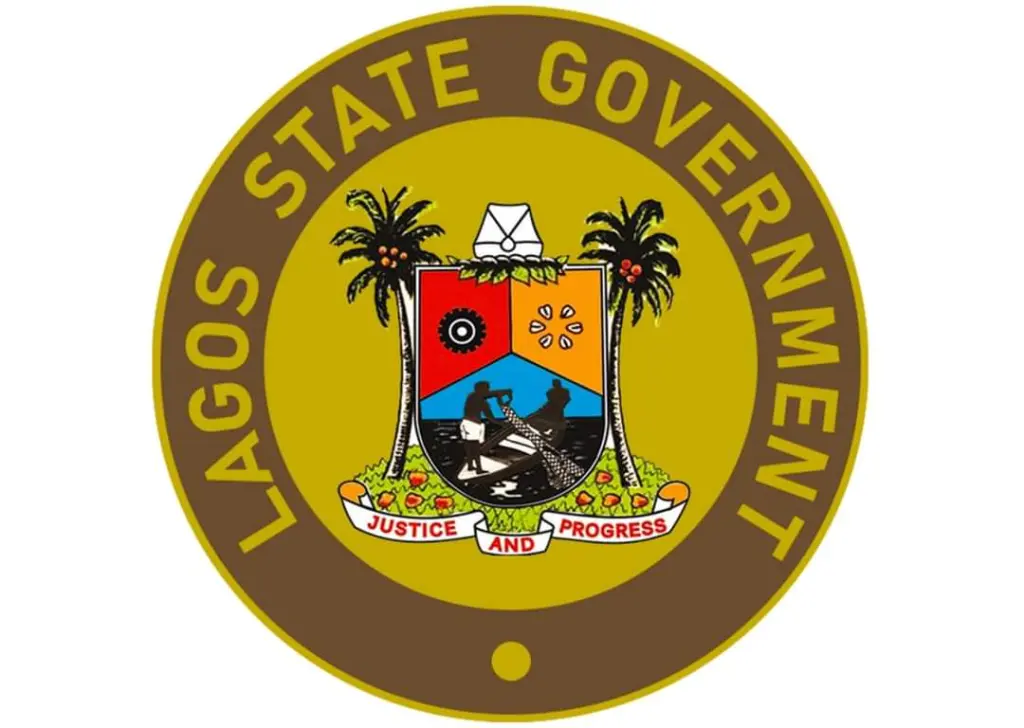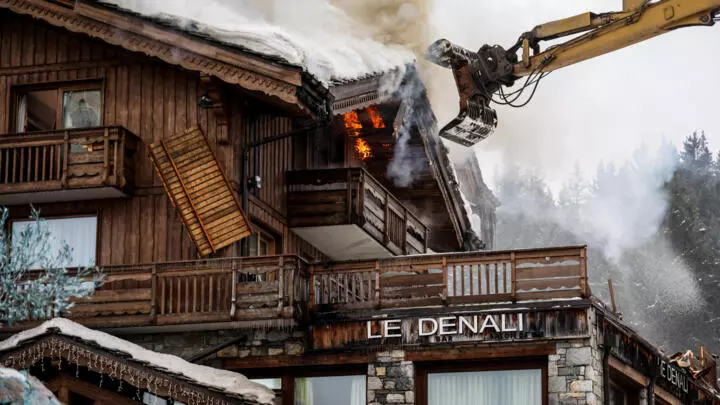Iran Nears Nuclear Weapons Capability, Warns UN Watchdog
 The head of the United Nations nuclear watchdog has warned that Iran is edging dangerously close to producing a nuclear weapon, escalating global concerns over the Islamic Republic’s uranium enrichment program.
The head of the United Nations nuclear watchdog has warned that Iran is edging dangerously close to producing a nuclear weapon, escalating global concerns over the Islamic Republic’s uranium enrichment program.
Rafael Grossi, Director General of the International Atomic Energy Agency (IAEA), stated this week that Iran could be “weeks, not months” away from accumulating enough highly enriched uranium for a nuclear device, if it chooses to weaponize its nuclear program. Iran is currently enriching uranium to 60% purity—just shy of the 90% required for weapons-grade material.
“Iran’s level of uranium enrichment is very worrisome,” Grossi said, pointing out that the IAEA has been denied full access to monitor the country’s nuclear facilities for more than two years. “We do not have clarity on Iran’s current stockpile, but our estimates indicate it is thirty times beyond the limit allowed under the 2015 nuclear deal.”
The Joint Comprehensive Plan of Action (JCPOA), the landmark nuclear agreement signed in 2015, imposed strict limits on Iran’s nuclear activities in exchange for sanctions relief. However, the deal has unraveled since the United States withdrew from it in 2018 under President Donald Trump. In response, Iran gradually scaled back its commitments and ramped up enrichment efforts.
Iran has consistently claimed its nuclear program is for peaceful, civilian purposes. But its recent moves barring key IAEA inspectors, expanding centrifuge operations, and limiting oversight have deepened international suspicions.
Diplomatic efforts are still in motion. Indirect negotiations between Iran and the United States resumed last week in Oman and are set to continue in Rome on April 19. The talks aim to prevent Iran from crossing the nuclear threshold and to possibly revive key elements of the JCPOA.
Despite these talks, analysts warn that time is running out.
“There’s a real risk of miscalculation,” said Ali Vaez, a senior Iran analyst with the International Crisis Group. “Without verifiable constraints on Iran’s nuclear activities, we’re entering dangerous territory.”
Military options have also resurfaced in discussions, but experts argue that airstrikes or sabotage would likely only delay Iran’s progress temporarily, rather than dismantle its capability altogether.
For now, the international community faces a high-stakes decision: double down on diplomacy or prepare for a potential regional escalation that could have global consequences.







